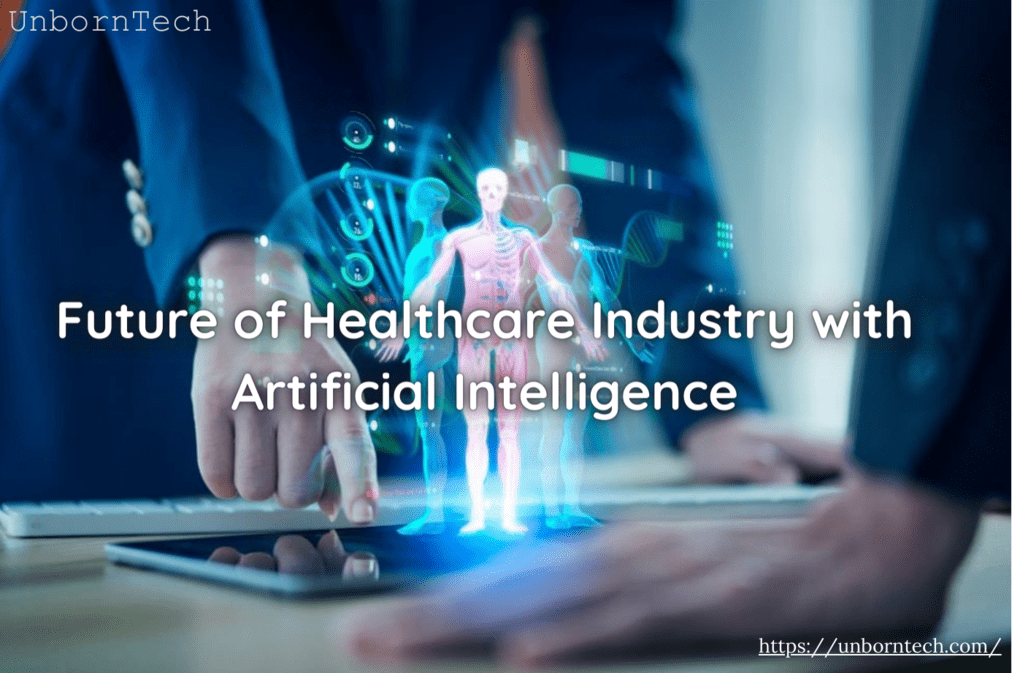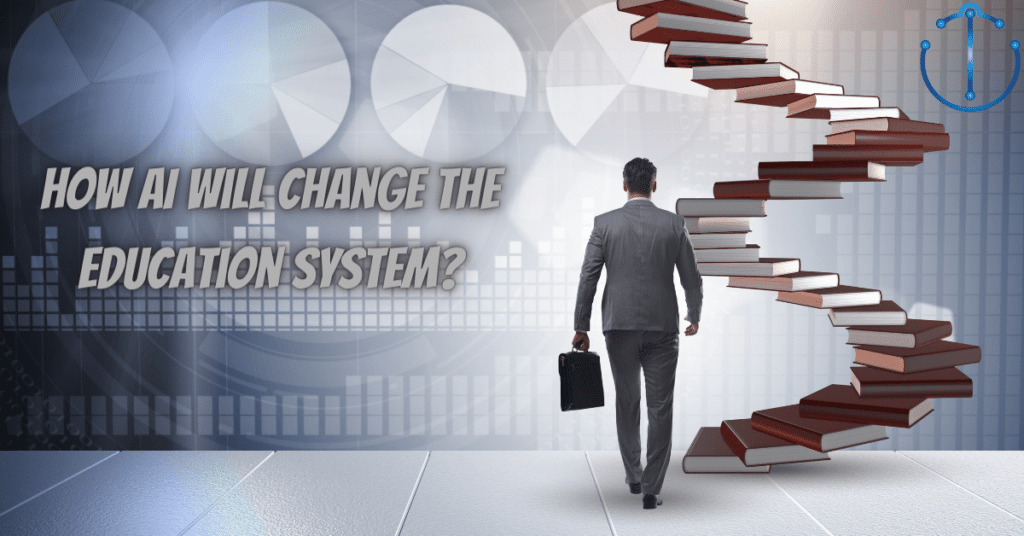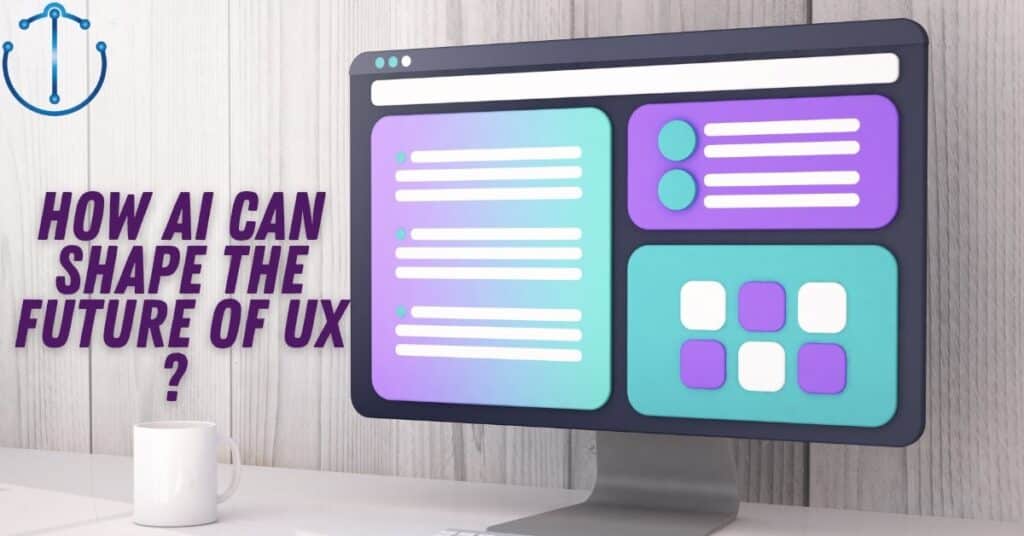The healthcare industry is on the brink of a transformative revolution with the advent of AI. By leveraging AI technologies, healthcare organizations can unlock the potential hidden within vast datasets, including health records, images, population data, claims data, and clinical trial data.
With its potential to drive better research outcomes and enhance patient care experiences, it is no surprise that the AI in healthcare market size is projected to grow exponentially. By 2023, it is estimated to reach $20.65 billion, and by 2030, a staggering $187.95 billion, signifying the tremendous impact AI will have on reshaping the healthcare industry.
In this article, we will explore the various applications and impacts of AI in healthcare industry, delving into how this revolutionary technology will reshape the industry and redefine the way we approach healthcare delivery.
Table of Contents
What is Artificial Intelligence in Healthcare?
Before delving into the discussion of AI’s impact on the future of the healthcare industry, let’s have a look at what the term “Artificial Intelligence in Healthcare” means.
Artificial intelligence in healthcare encompasses the use of machine-learning algorithms and software to replicate human cognition in analyzing complex medical data. It enables new ways of diagnosing, treating, and preventing diseases by approximating conclusions based on input data.
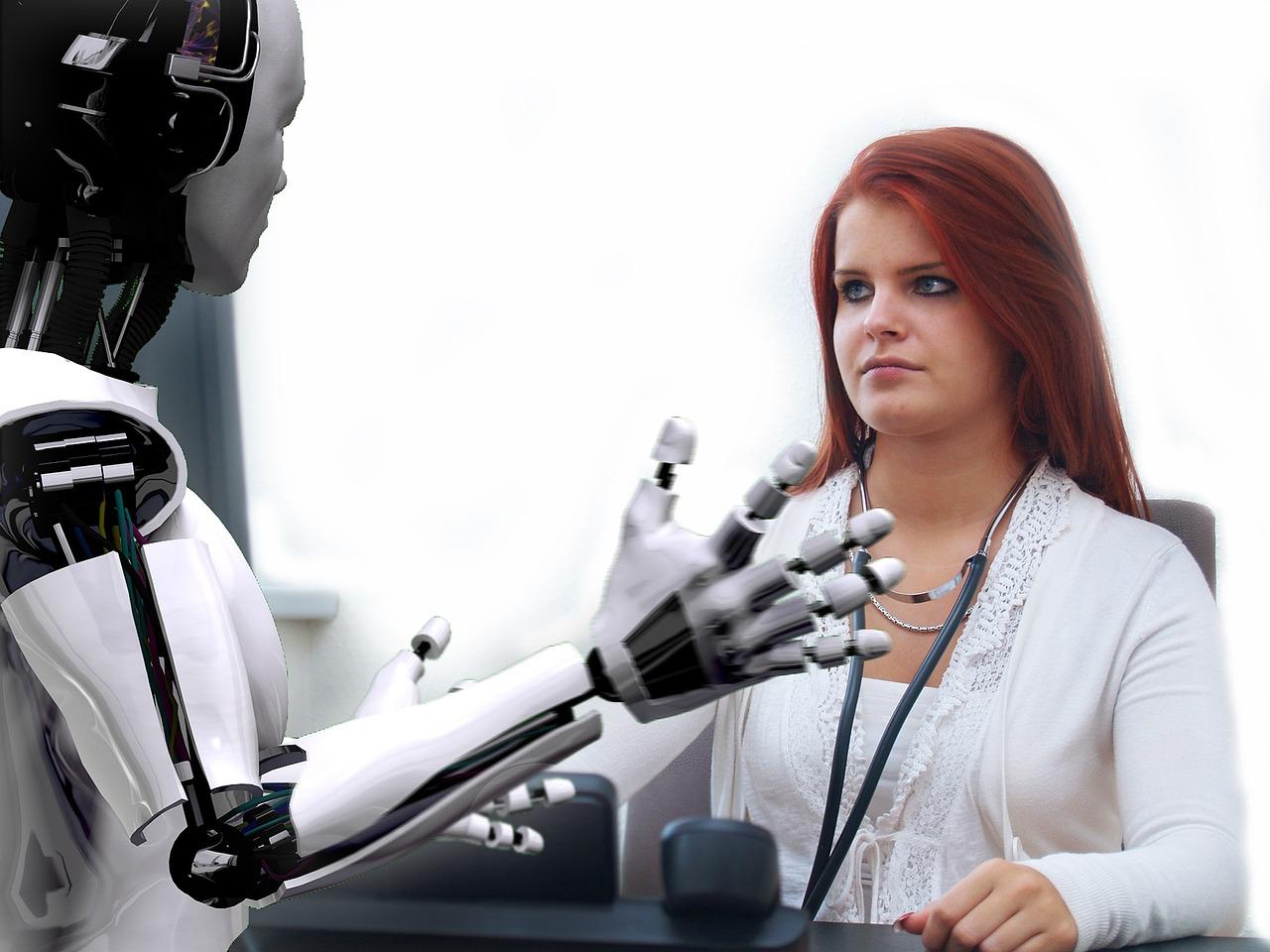
Why there is a need for Artificial Intelligence in healthcare?
The integration of AI in healthcare stems from the pursuit of improved lifestyles and more efficient systems, a driving force behind technological advancements throughout history. In the context of healthcare, several compelling reasons make AI an indispensable tool:
- Enhanced Efficiency: AI enables smarter, faster, and more efficient care delivery.
- Improved User Experiences: By leveraging AI, healthcare organizations can provide user-centric experiences, ensuring higher satisfaction levels for patients and individuals receiving care.
- Optimal Resource Utilization: AI technology helps optimize operational efficiency by analyzing data patterns, enabling healthcare organizations to make the most of their resources and processes.
- Empowering Healthcare Practitioners: AI reduces the burden of administrative tasks, increasing productivity and reducing burnout among healthcare practitioners.
- Cost Reduction: AI systems can identify patients at risk earlier, enabling timely interventions and preventing costly mistakes. This proactive approach contributes to significant cost reduction.
- Personalized Care and Real-time Decision-making: AI algorithms analyze vast amounts of data, identifying patterns and suggesting tailored treatment options. Real-time analysis enables healthcare workers to make informed decisions promptly, leading to better patient outcomes.
These reasons highlight the necessity of incorporating AI into healthcare, promising a future where technology supports improved quality of life and more efficient healthcare systems.
What We Already Have Accomplished With Ai In The Healthcare Sector?
Before delving into the discussion of how AI will revolutionize the future of the healthcare industry, it’s necessary to explore the remarkable accomplishments AI has already achieved in transforming healthcare.
1. Early Detection
With the integration of AI in healthcare, the early detection of diseases has been significantly accelerated. For instance, AI has revolutionized the review and interpretation of mammograms, reducing the need for unnecessary biopsies.
2. Disease Diagnosis
Through the use of AI techniques like support vector machines, neural networks, and decision trees, disease diagnosis has been significantly improved. Methods such as Artificial Neural Networks (ANN) and Bayesian Networks (BN) have shown promise in accurately classifying conditions like diabetes and cardiovascular disease.
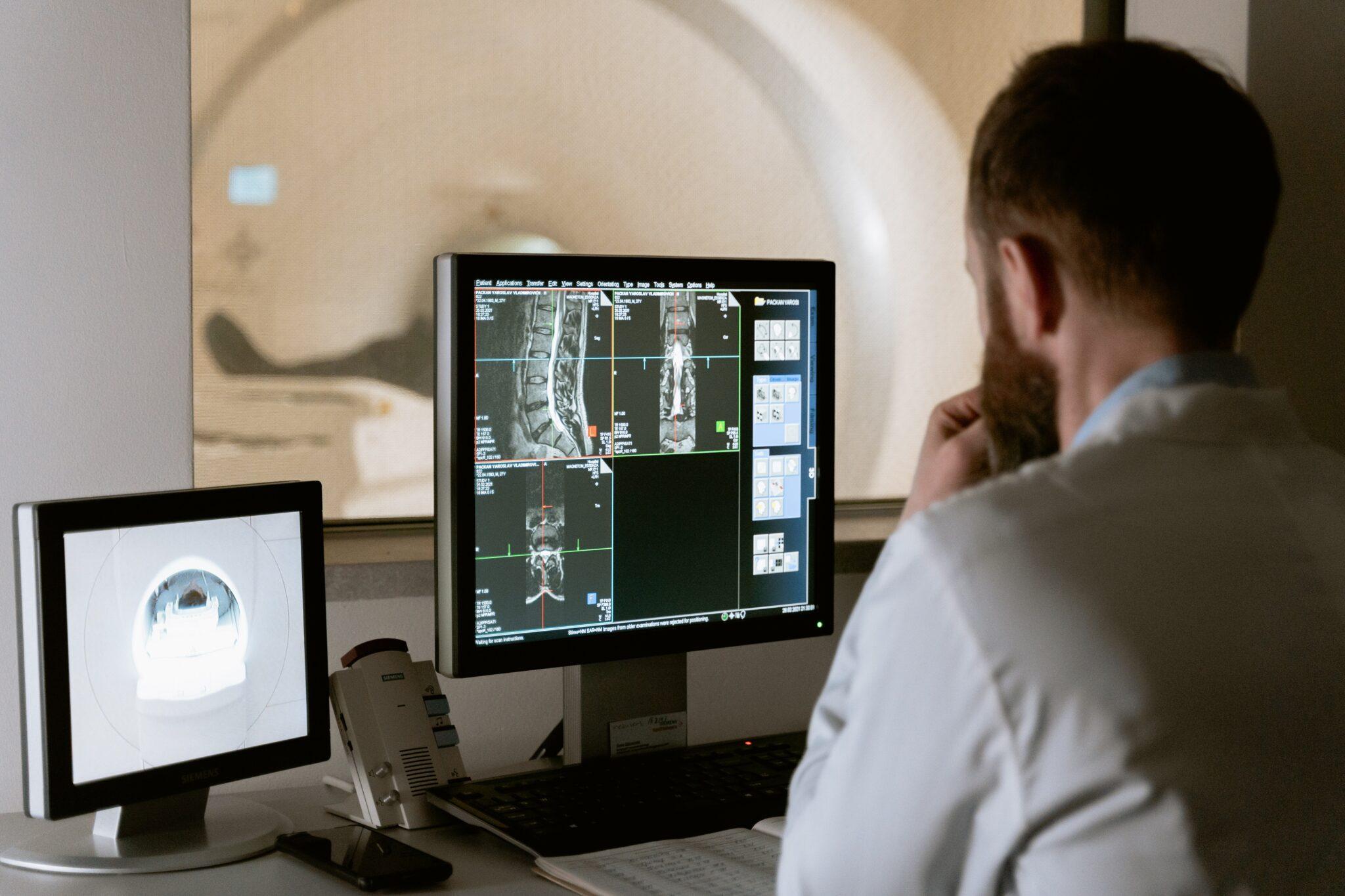
3. Drug Interactions
AI algorithms have revolutionized the identification of drug-drug interactions. Natural language processing and machine learning techniques enable the extraction of information on interacting drugs and their effects from medical literature. These advancements improve medication safety and enable healthcare professionals to make informed decisions.
4. Telemedicine
AI has enabled significant advancements in telemedicine, allowing for remote patient care. Wearable devices and sensors facilitate continuous monitoring, detecting subtle changes that may go unnoticed by humans. Additionally, AI can assist in caring for older populations through personal and environmental sensors, identifying abnormal behaviors or vital signs, and notifying caretakers.
5. Physical Robots
In healthcare, robots are being utilized for supply delivery in hospitals and surgical procedures, providing surgeons with enhanced capabilities for precise and minimally invasive interventions.
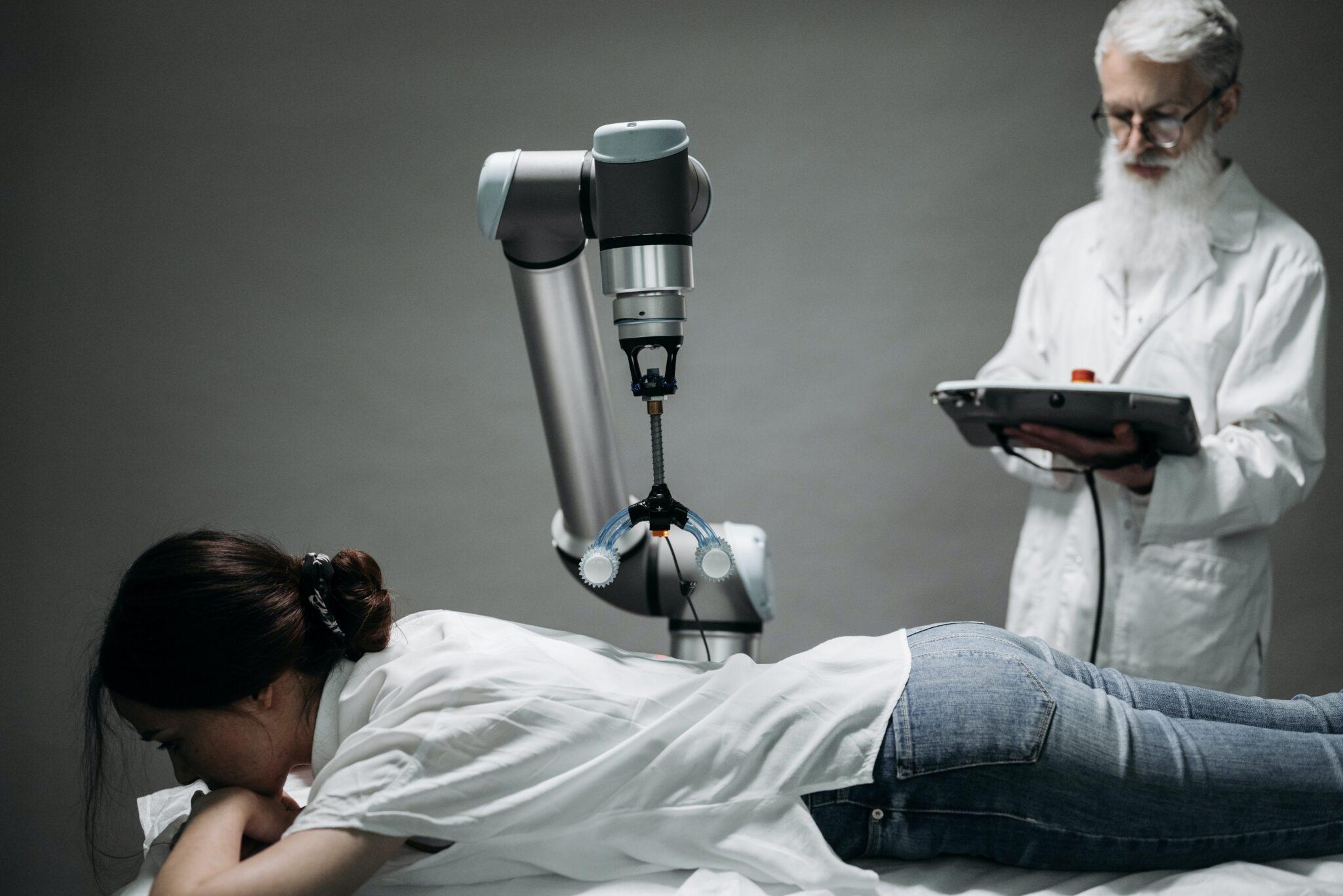
6. Electronic Health Records
The utilization of electronic health records (EHR) has transformed the healthcare industry, with approximately 80% of medical practices now using them. Artificial intelligence is playing a crucial role in interpreting EHRs and providing valuable insights to physicians. Natural language processing (NLP) algorithms streamline reports by consolidating variations in medical terms and removing redundant phrases, making the records more concise and easier to analyze.
Additionally, predictive modeling algorithms assess individual patient records and predict disease risks based on previous information and family history, aiding physicians in making informed decisions. The scalability of AI enables efficient processing of the ever-increasing volume of online health records, assisting physicians in delivering better patient care.
7. Robotic Process Automation
Robotic Process Automation (RPA) utilizes software robots, or “bots,” to automate digital tasks. These bots mimic and execute rules-based business processes, performing administrative tasks in a structured manner. RPA is cost-effective, easy to program, and transparent in its actions. In healthcare, RPA is employed for repetitive tasks such as prior authorization, updating patient records, and billing.
8. Administrative Applications
Artificial intelligence is revolutionizing the administrative aspects of healthcare by automating tasks like data entry, reviewing health records, claims processing, and appointment scheduling. This automation frees up time for healthcare providers to focus on patient care and revenue cycle management.
How Ai Will Revolutionize The Future Of the Healthcare Sector?
After extensive research and analysis, we have compiled a list of the top 10 ways in which artificial intelligence will revolutionize healthcare delivery and scientific advancements.
1. AI will enable the Potential of Brain-Computer Interfaces
Artificial intelligence, in conjunction with brain-computer interfaces (BCIs), holds immense potential for revolutionizing healthcare. BCIs establish direct connections between technology and the human mind, bypassing traditional input devices like keyboards and mice. This cutting-edge research offers promising applications for patients affected by neurological diseases, nervous system trauma, and conditions that impair communication and mobility.
Imagine a future where individuals with ALS, strokes, locked-in syndrome, and spinal cord injuries can regain meaningful interactions and improve their quality of life through AI-powered BCIs.
2. AI will Empower Advance Radiology Tools
Artificial intelligence is set to revolutionize radiology by creating the next generation of advanced tools.
Traditionally, diagnostic processes often relied on invasive tissue samples obtained through biopsies, posing risks to patients. However, experts predict that AI-powered radiology tools will be accurate and detailed enough to replace the need for tissue samples in some cases.
By leveraging AI, clinicians can develop a more comprehensive understanding of tumor behavior, enabling more precise treatment decisions and improved assessment of cancer aggressiveness.
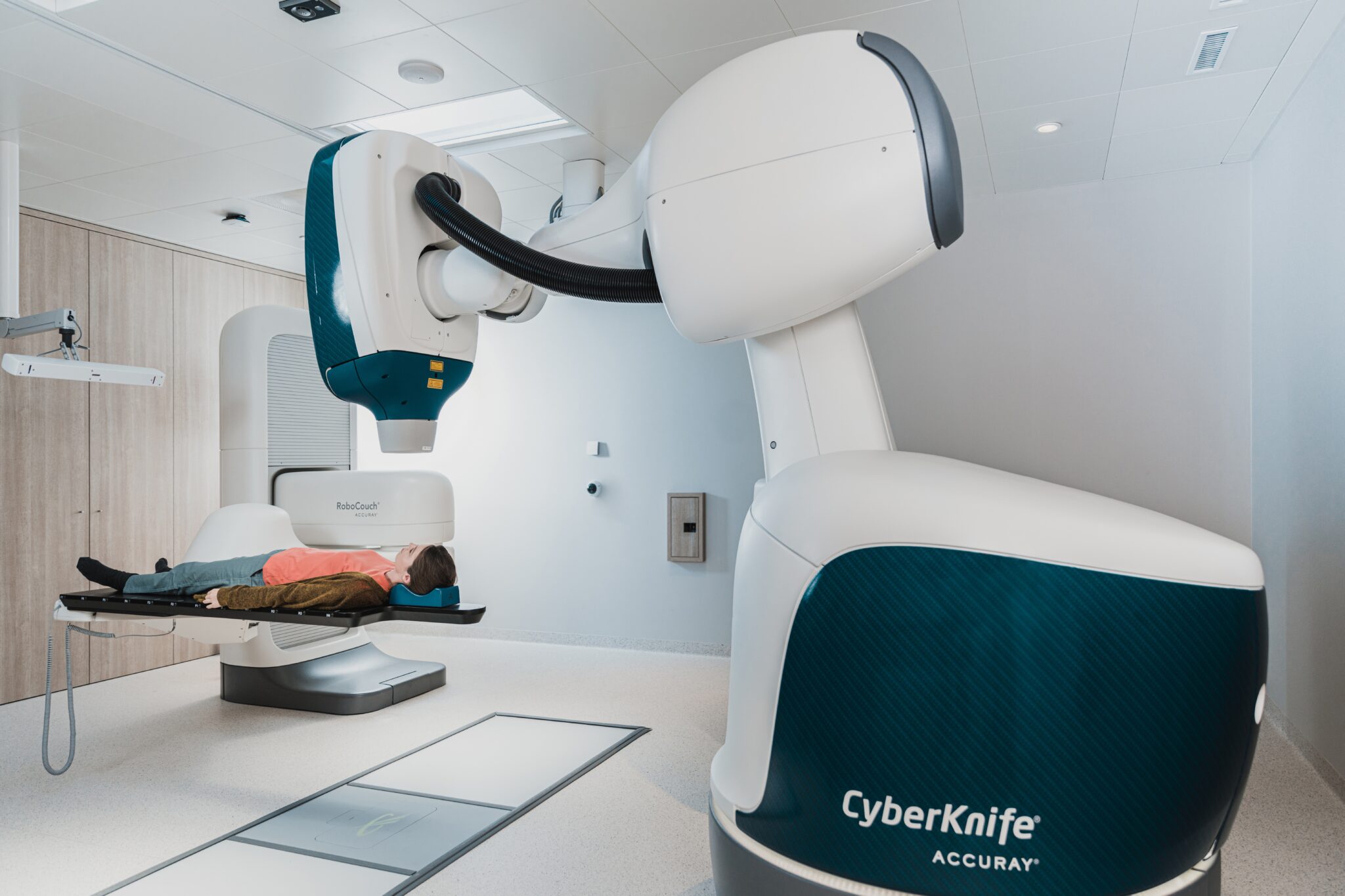
3. Improving Access to Healthcare in Underserved Regions
AI will revolutionize healthcare in underserved regions by addressing the shortage of healthcare providers. In developing nations, AI will take on diagnostic duties, like screening chest X-rays for conditions such as tuberculosis, with accuracy similar to human radiologists.
User-friendly apps will empower providers in low-resource areas to deliver essential healthcare services without on-site diagnostic specialists.
4. Easing the Burden of Electronic Health Record Usage
AI is set to lighten the challenges associated with electronic health records (EHRs). Cognitive overload, endless documentation, and user burnout will be addressed through more intuitive interfaces and automated processes. Voice recognition and dictation improve clinical documentation, while bold changes like video recording clinical encounters can be indexed using AI and machine learning for future retrieval. AI will streamline routine requests, prioritize tasks, and enhance user productivity.
5. Combating Antibiotic Resistance: Managing Risks
In the future, AI will play a crucial role in combatting antibiotic resistance. By leveraging electronic health record (EHR) data, machine learning, and AI tools can identify infection patterns and highlight at-risk patients before symptoms emerge. These advanced analytics offer faster and more accurate alerts for healthcare providers, enabling proactive interventions.
6. AI’s Role in Advancing Pathology Diagnostics
Pathologists play a crucial role in healthcare decisions, with roughly 70% of decisions and data in electronic health records (EHRs) based on pathology results.
In the future, AI will revolutionize the field of pathology by enhancing precision and accuracy in diagnostic processes. Advanced AI algorithms combined with digital pathology will enable pathologists to analyze large-scale digital images with unprecedented detail and precision.
7. Empowering Intelligent Medical Devices with AI
In the future, intelligent medical devices empowered by AI will revolutionize healthcare. These devices will not only monitor patients but also leverage AI algorithms to proactively analyze data, detect patterns, and provide timely interventions. With advanced capabilities, they will assist healthcare professionals in accurate diagnoses, personalized treatments, and improved patient outcomes.
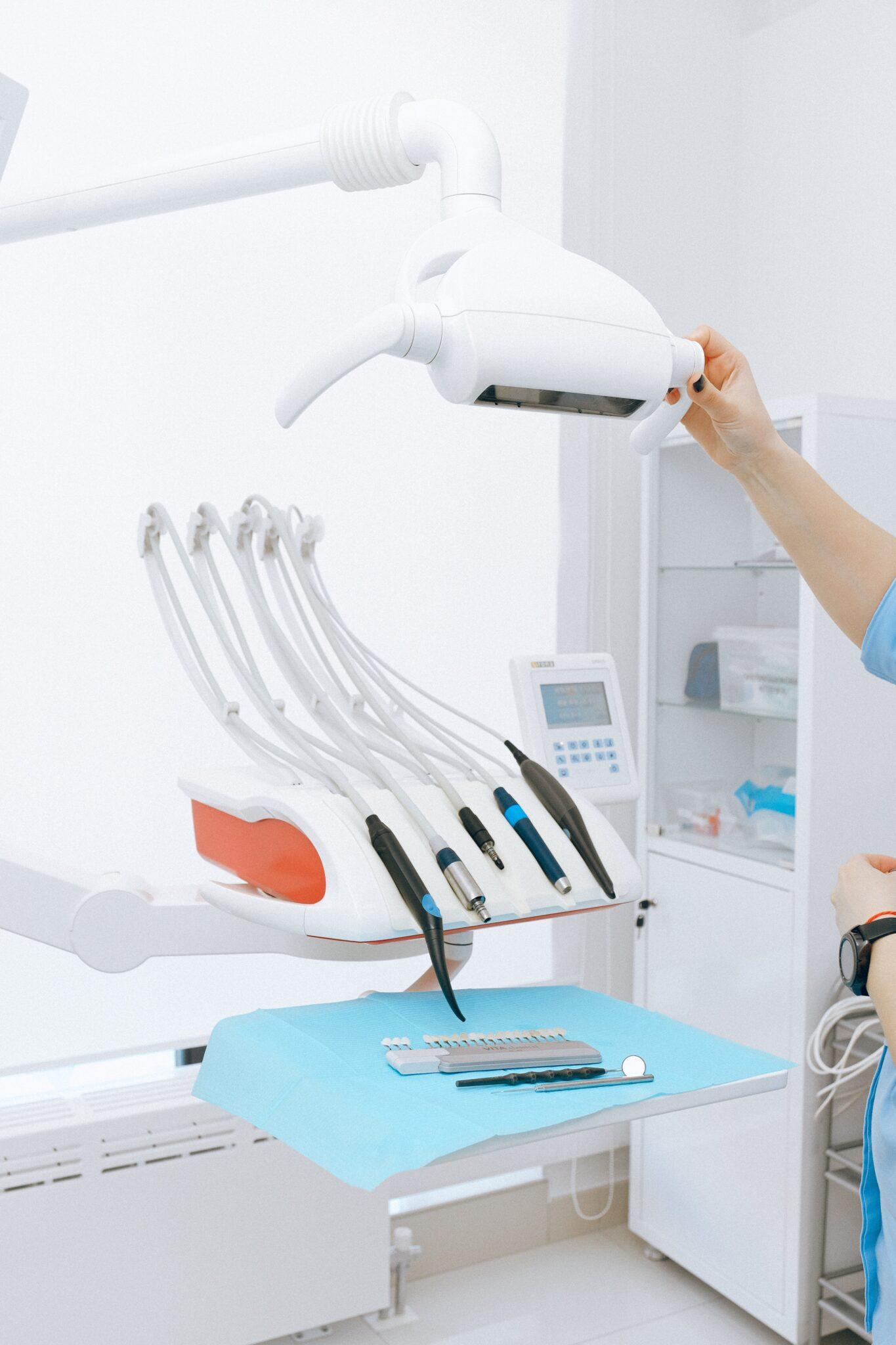
8. Enhancing Cancer Treatment
In the future, AI will revolutionize cancer treatment by enabling personalized precision medicine. AI algorithms will analyze patient data, including genetic information and tumor characteristics, to identify patterns and correlations. This will allow oncologists (cancer specialists) to tailor treatment plans based on each patient’s unique genetic makeup and tumor profile, leading to more effective outcomes and reduced side effects.
With AI’s predictive capabilities, cancer treatment will become targeted and efficient, offering new hope for patients.
9. Smartphone Selfies as Diagnostic Tools
In the future, smartphones equipped with AI will revolutionize healthcare diagnostics. With advancing camera technology, smartphones will capture high-quality images for medical analysis. Dermatology and ophthalmology will particularly benefit from this innovation.
10. AI’s Role in Accelerating Drug Discovery
By harnessing the power of AI, the process of drug discovery will become faster and more efficient. AI algorithms will analyze vast amounts of patient data, identifying potential treatments and screening safe compounds. With advanced computing capabilities, AI will optimize clinical trials, enabling personalized medicine and accelerating the development of innovative drugs.
Key Challenges of AI in Healthcare
AI undoubtedly holds the power to revolutionize the healthcare industry, but like any technological revolution, it faces its fair share of obstacles. In the realm of implementing AI in healthcare, here are some significant hurdles we need to address:
Data collection
Gathering large amounts of patient data is crucial for training machine learning algorithms. However, a UK survey found that 63% of people are uncomfortable sharing personal data to improve AI. Limited access to real patient data hampers AI progress in healthcare.
Data Privacy
Data privacy poses a significant challenge in leveraging AI for healthcare. The vast amount of collected data requires robust security measures to protect sensitive information.
Ethical Implications of AI in Healthcare
The use of AI in healthcare raises ethical concerns. Issues of accountability, transparency, permission, and privacy arise when smart machines make or assist in healthcare decisions.
Transparency is challenging, as some AI algorithms, like deep learning algorithms for image analysis, are difficult to interpret. Accountability for mistakes made by AI systems and the preference for human empathy in delivering medical information are additional ethical considerations.
Healthcare institutions and regulatory bodies need to establish structures to monitor and address these issues, ensuring the responsible use of AI in healthcare.
Bias and Equity Challenges
AI in healthcare faces bias and equity challenges. Algorithms can discriminate against minorities if not properly coded. Lack of accurate patient demographic representation in data sets leads to biased predictions and worse outcomes for minority populations. Biases can also arise from different clinical systems and work practices
Should Healthcare Workers Need To Be Worried About Their Jobs?
Healthcare workers should not be concerned about AI replacing their jobs. Their jobs are perfectly safe.
While AI has made advancements in healthcare, its integration into clinical workflows and electronic health record systems has been challenging, leading to minimal job impact thus far. It is acknowledged that AI cannot completely replace humans in healthcare, emphasizing the need for a collaborative approach where AI acts as a tool to aid physicians, doctors, nurses, and healthcare staff in delivering better outcomes.
Furthermore, the development of AI technologies may create new job opportunities and, although it may not substantially reduce medical costs, it has the potential to improve diagnosis and treatment processes. Therefore, healthcare workers can embrace AI as a complementary tool in their profession rather than fearing it.
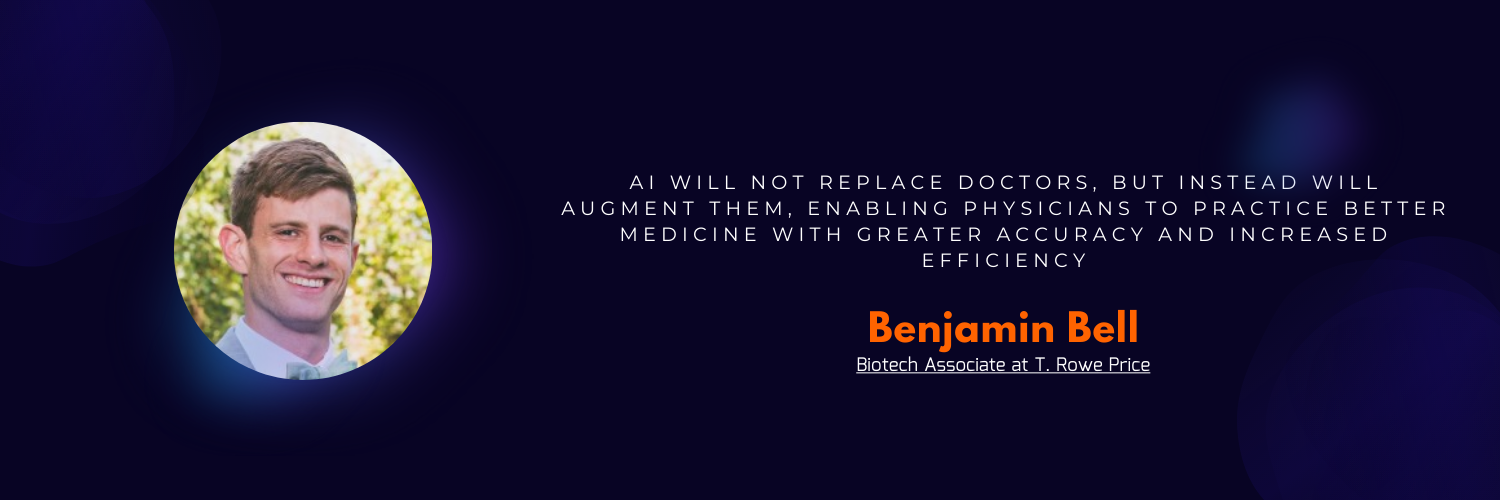
Conclusion – What the future of the Healthcare Industry looks like?
The integration of AI in healthcare presents a bright future filled with possibilities and advancements. We have already seen AI’s miraculous transformations in many areas of healthcare such as in disease diagnoses, telemedicine, and drug interaction. Despite having numerous challenges, AI is poised to transform many zones of the healthcare system e.g. it will enhance the capabilities of digital medical devices, will enable brain-computer interfaces, will improve drug discovery, and much more. With the right implementation, AI will enhance healthcare delivery, leading to improved accuracy, efficiency, and patient experiences.
It is important to note that AI is not intended to replace healthcare professionals, but rather to augment their skills and enhance patient outcomes. Hence, collaboration between AI systems and human clinicians is crucial for harnessing the full potential of AI in healthcare.
Frequently Asked Questions (FAQs)
What are the advantages of AI in healthcare?
AI in healthcare brings several advantages. It enables more informed decision-making, leveraging advanced data analysis to enhance diagnosis. Administrative tasks can be automated, freeing up valuable time. Patients can benefit from remote health monitoring and digital consultations. Ultimately, AI contributes to a higher quality of life and more efficient healthcare systems.
What are the disadvantages of AI in healthcare?
AI in healthcare has its share of disadvantages. These include training complexities, potential unemployment risks, managing significant changes, the continued need for human input, heightened security vulnerabilities, oversight of social variables, and the possibility of inaccuracies.
What are examples of artificial intelligence in healthcare?
Examples of AI in healthcare include PathAI for accurate diagnoses, AI-enhanced microscopes for faster blood sample analysis, chatbots for patient queries, BERG for mapping diseases and developing medicines, BenevolentAI for targeted patient treatment, Olive for automating healthcare processes, and various types of robots addressing healthcare challenges.
How can AI improve healthcare?
AI has the potential to significantly improve healthcare. It enhances diagnoses, automates tasks, and enables personalized treatments. By analyzing vast amounts of data, AI improves research, awareness, efficiency, and early disease diagnosis, leading to more effective interventions.
What is AI in radiology?
AI in radiology refers to the use of artificial intelligence techniques in analyzing and interpreting medical images. It helps radiologists detect abnormalities, provide second opinions, optimize workflow, make predictions, and ensure image quality.
What is Telemedicine?
Telemedicine is the provision of healthcare services remotely using technology like video calls or phone calls. It improves access to care, provides convenience, and allows for efficient communication between patients and healthcare providers.
What is Brain Computer Interface (BCI)?
A Brain-Computer Interface (BCI) is a technology that allows direct communication between the brain and a computer or device. It enables control and interaction without using traditional motor pathways. BCIs have applications in assistive technology, rehabilitation, research, gaming, and wellness.
How has EHR changed the healthcare industry?
EHR (Electronic Health Records) have changed the healthcare industry by improving access to patient information, enhancing efficiency and workflow, enhancing patient safety, facilitating care coordination and communication, enabling data analytics and research, and promoting patient engagement and access to information.

